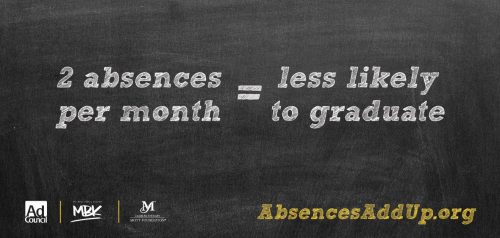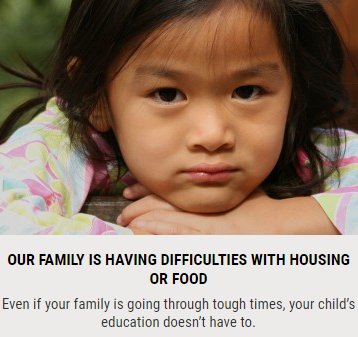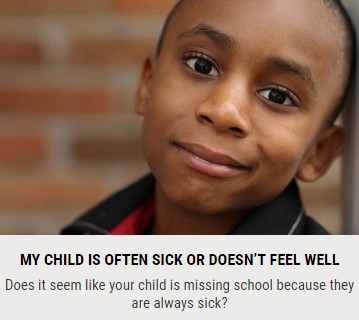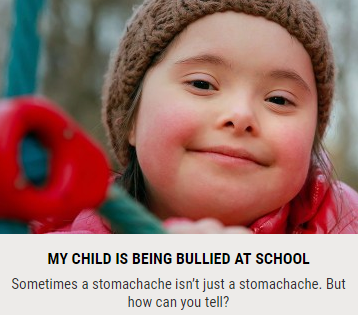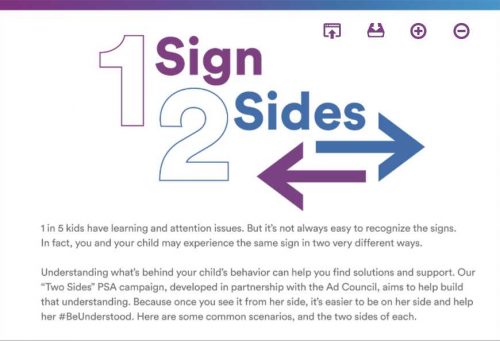
Raising a child with learning and attention issues is a journey. And it’s one that’s full of ups and downs, successes and challenges, questions and decisions. It can be very hard on parents and equally as hard on children – especially because they are the ones who are struggling to be understood. But what if your child is struggling and you do not even realize it IS a learning or attention issue?
In the U.S., 1 in 5 children struggles with brain-based learning and attention issues that affect reading, writing, math, focus and organization. These issues are a lot more common than most people think, and while learning and attention issues may not be as visible as other health issues, they’re just as real. Unfortunately, many kids go undiagnosed because parents to think that their children are just being lazy, need to work harder, or that they are in a phase that they will grow out of.
Understood.org has launched the new #BeUnderstood campaign to generate awareness about learning and attention issues and encourage people who are seeing or experiencing signs of learning and attention issues to visit Understood.org, learn about these issues, and take that crucial first step in getting their kids the help they need to thrive in school, at home and in life.
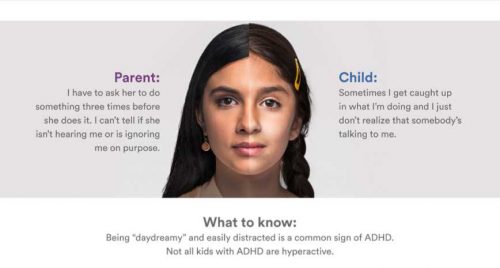
If you are sitting there reading this, stressed out and feeling alone, don’t be. You are definitely not alone. Understood is an organization that was created by a coalition of 15 nonprofits, and its content and tools were informed by a survey of more than 2,200 parents of children with learning and attention issues. Understood offers free daily access to experts through chats and webinars, a safe online community that encourages parents to reach out to and learn from each other and a suite of specially designed, first-of-their-kind tools.
Only 68% of students with learning issues graduate with a regular high school diploma. 55% of students with learning and attention issues have had some type of involvement with the criminal justice system within eight years of leaving high school. But contrary to what many people believe, there is no correlation between learning and attention issues and IQ. With the right strategies and support, these children can succeed in the classroom—and outside of it too. Understood.org has the information, strategies and expert insights you need at every stage of your unique journey.
- Understand what you’re seeing – It’s hard to see your child struggle and not know why. Without understanding the reasons for his behavior, you may even come to some wrong conclusions.
- Understand what your child experiences – You may know about your child’s specific learning and attention issues. But what do they experience on a daily basis?
- Understand what you can do – Whether you’re new to this journey or have been on it for a while, you want to help your child make progress and find success.

Whether you have worked with your child on dealing with this struggle for years or this is something new for you, Understood has resources for everyone to learn how to help these kiddos with whatever challenges they face. The You & Your Family section helps families with practical solutions and advice for social, emotional, and behavioral challenges.
If you think your child might have a challenge with learning, please do not wait. Every second counts.
